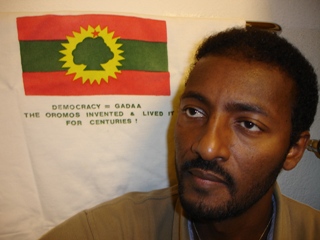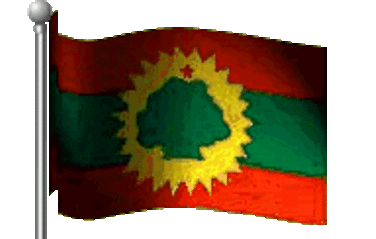ICRC Deplores Its Expulsion From Ethiopia Somali Regional State
The International Committee of the Red Cross (ICRC) said on Thursday it deplored the decision by the authorities of Ethiopia's Somali Regional State, where it has been present for over 12 years, to give it seven days' notice to leave.
It said the measure jeopardized the ICRC's work to assist people affected by the non-international armed conflict in Somali Regional State a work it carriesd out impartially and on strictly humanitarian grounds. The suspension of ICRC activities would inevitably have a negative impact on the population concerned, whose access to basic services would be reduced.
All ICRC activities in Ethiopia are conducted in strict accordance with the principles of independence and neutrality," said Daniel Duvillard, the organization's head of operations for the Horn of Africa. "That is why we regret that the dialogue with the state authorities and the security forces has deteriorated to a point where issues of contention were not discussed in depth with the ICRC before this decision was taken. The ICRC firmly rejects the accusations made against it." If confirmed, he said, the decision to expel the ICRC would heighten more than ever its concern about the fate of the people affected by the non-international armed conflict in the Somali Regional State.
The ICRC in its press release said that it stood ready to discuss those and any other matters through bilateral dialogue with Ethiopian authorities in order to continue its humanitarian activities in the Somali Regional State.
In 2007 a large portion of the Somali Regional State's population benefited from ICRC rural water and sanitation projects, including the construction and installation of hand pumps and the digging of wells and boreholes. The ICRC also conducted eight training sessions for over 200 livestock owners on animal health and livestock management. Delegates carried out 37 detention visits to assess conditions and treatment. In addition, the organization monitored the situation of civilians affected by the conflict, striving to ensure they were respected and protected in accordance with international humanitarian law, and restored family links by forwarding Red Cross messages, it said.
"The ICRC reminds all the parties concerned of their obligation to comply with international humanitarian law, in particular with that law's prohibition of attacks against people not or no longer taking direct part in hostilities and the right guaranteed by that law to civilians to receive the humanitarian assistance essential to their survival," it added.
It is to be recalled that the Somali Regional Government on Tuesday gave one week to leave the Somali Region, accusing ICRC of talking to rebels operating in the area. "They are talking to the rebel groups. We have many kinds of evidence," Jama Ahmed, vice president of the regional state, said. However, he said if they stuck to humanitarian activities they were welcome.



